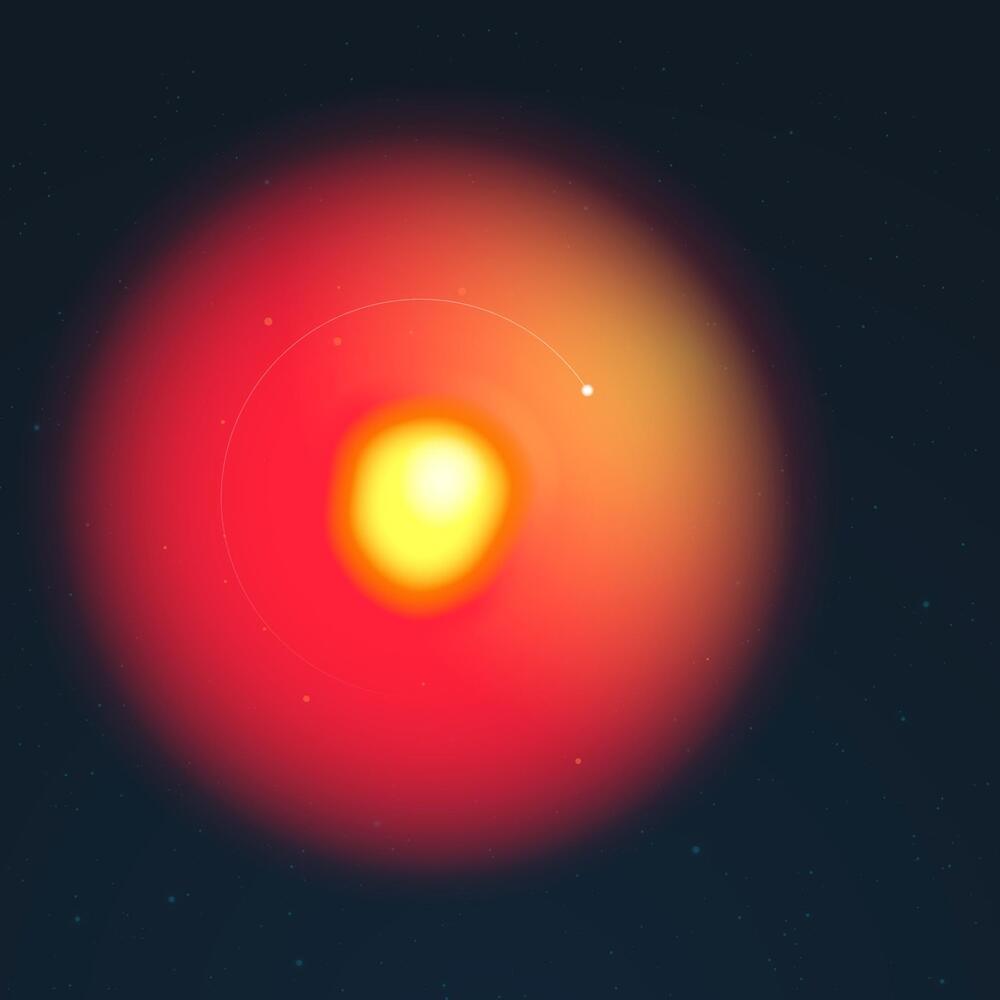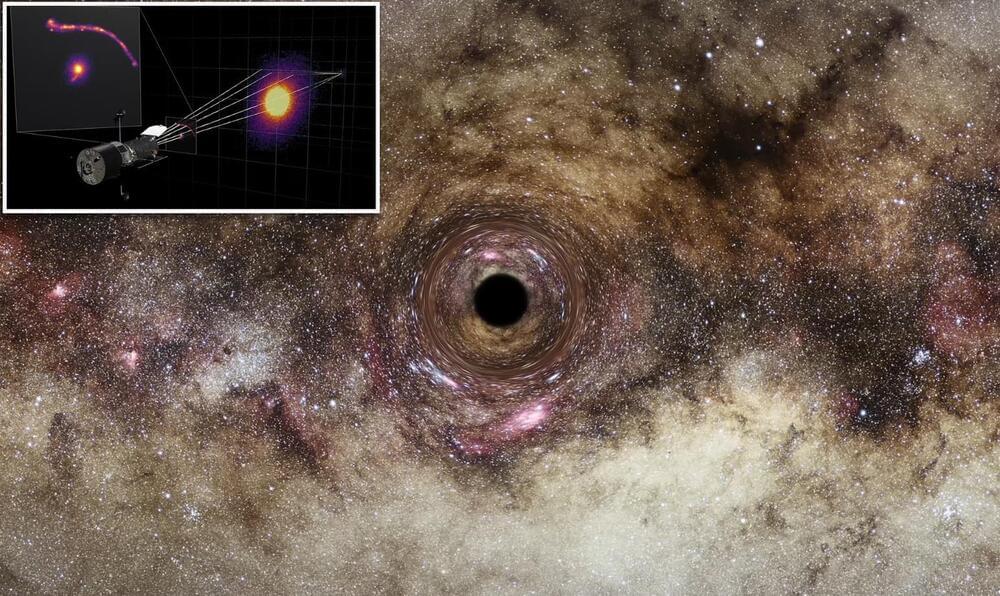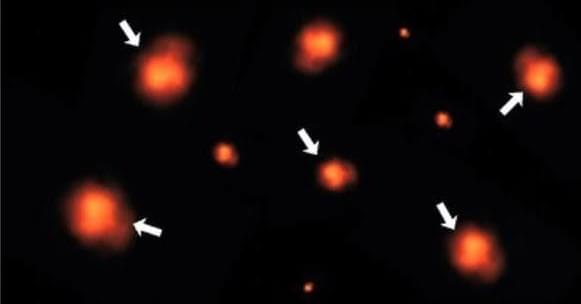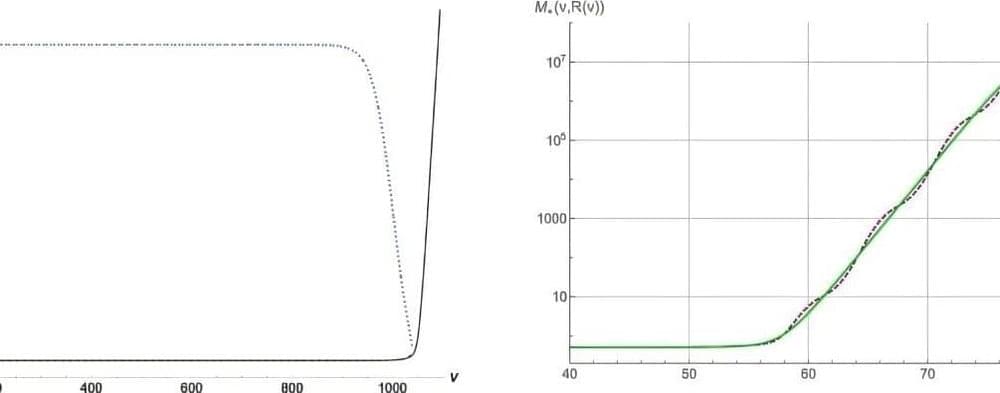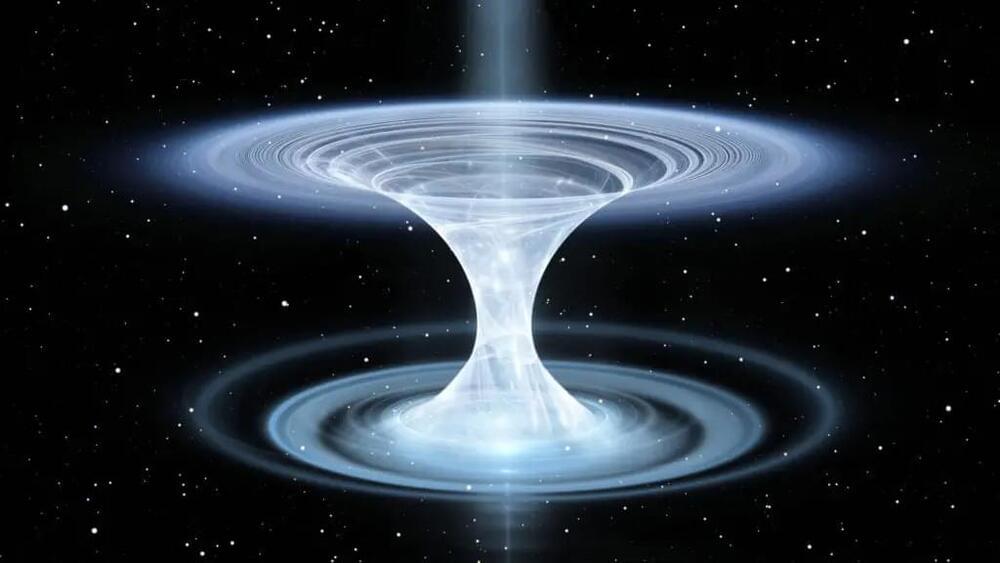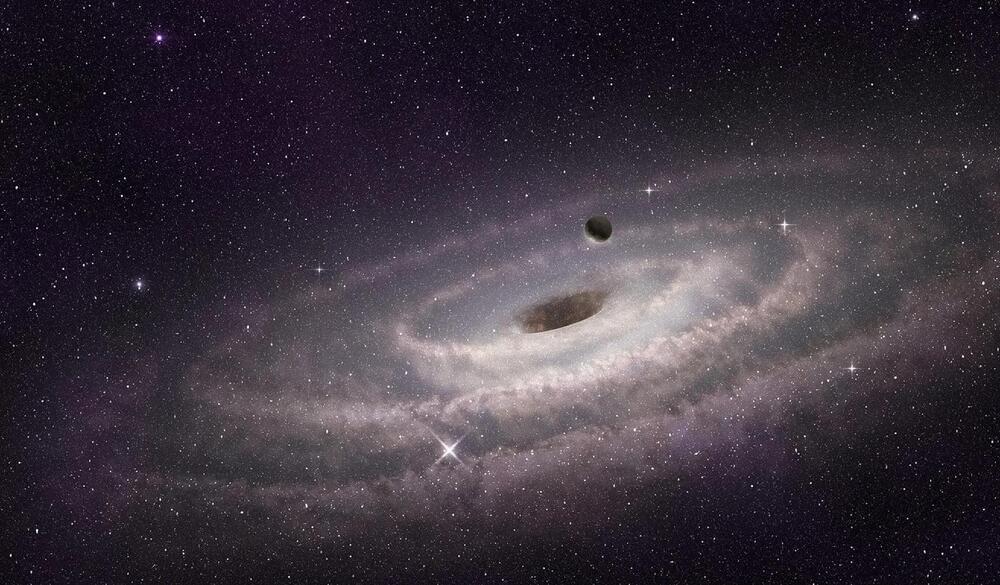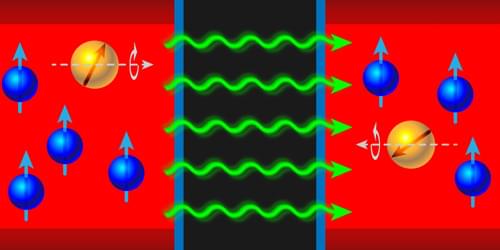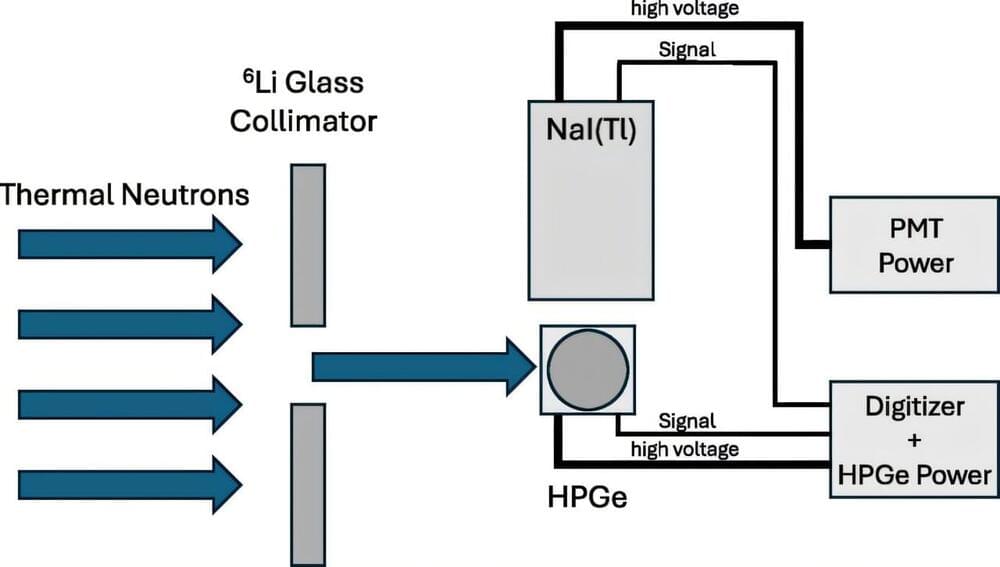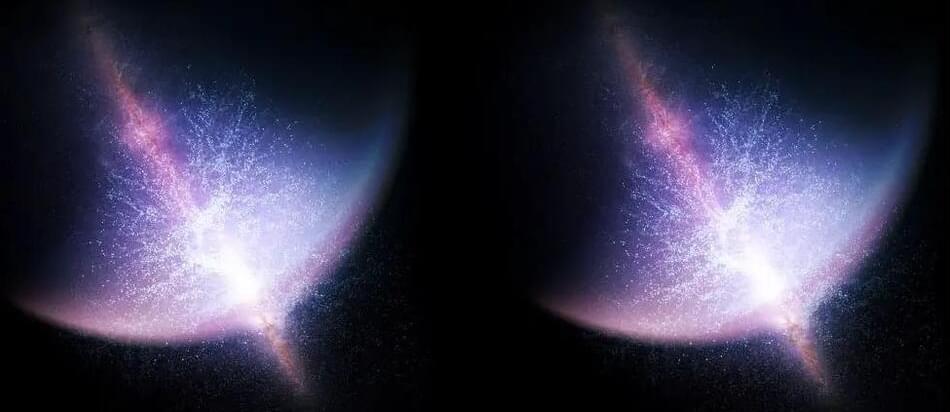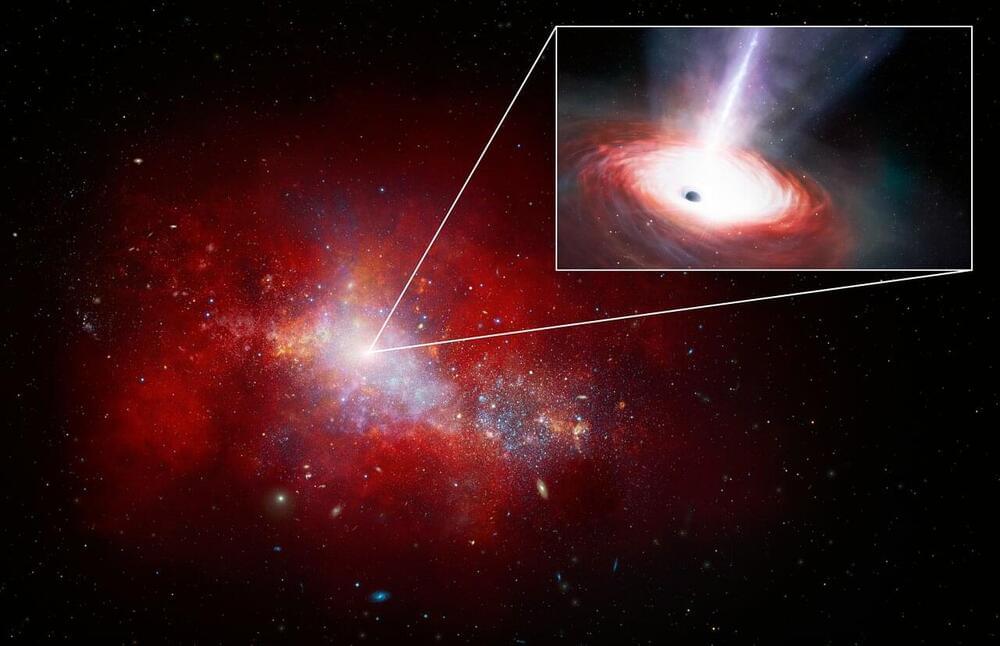Nov 9, 2024
Betelgeuse’s Secret Partner Betelbuddy Could Change Supernova Predictions
Posted by Saúl Morales Rodriguéz in category: cosmology
Scientists are rethinking the timing of Betelgeuse’s supernova, as new research suggests the star may have a hidden companion, known as Betelbuddy. This companion could be responsible for Betelgeuse’s unusual brightening and dimming patterns.
The discovery opens up new possibilities, including the idea that Betelbuddy might be a young star or even something more exotic, like a neutron star. Researchers are working to confirm Betelbuddy’s existence, which could dramatically change what we know about Betelgeuse and its eventual explosion.
Betelgeuse and Betelbuddy.
